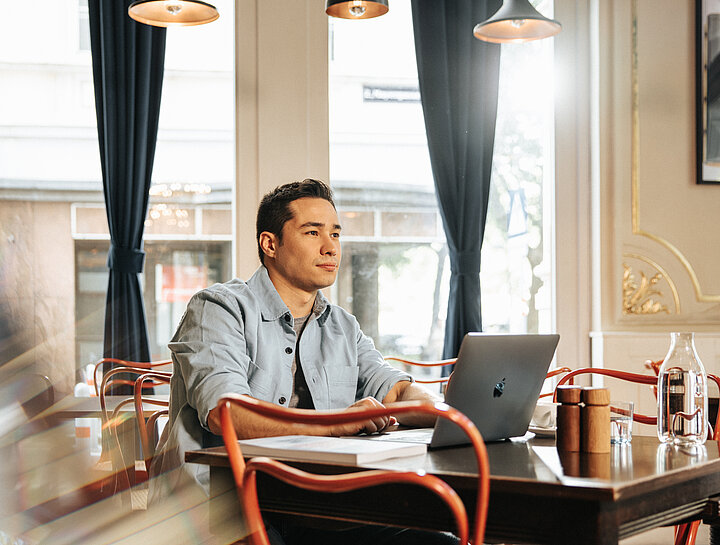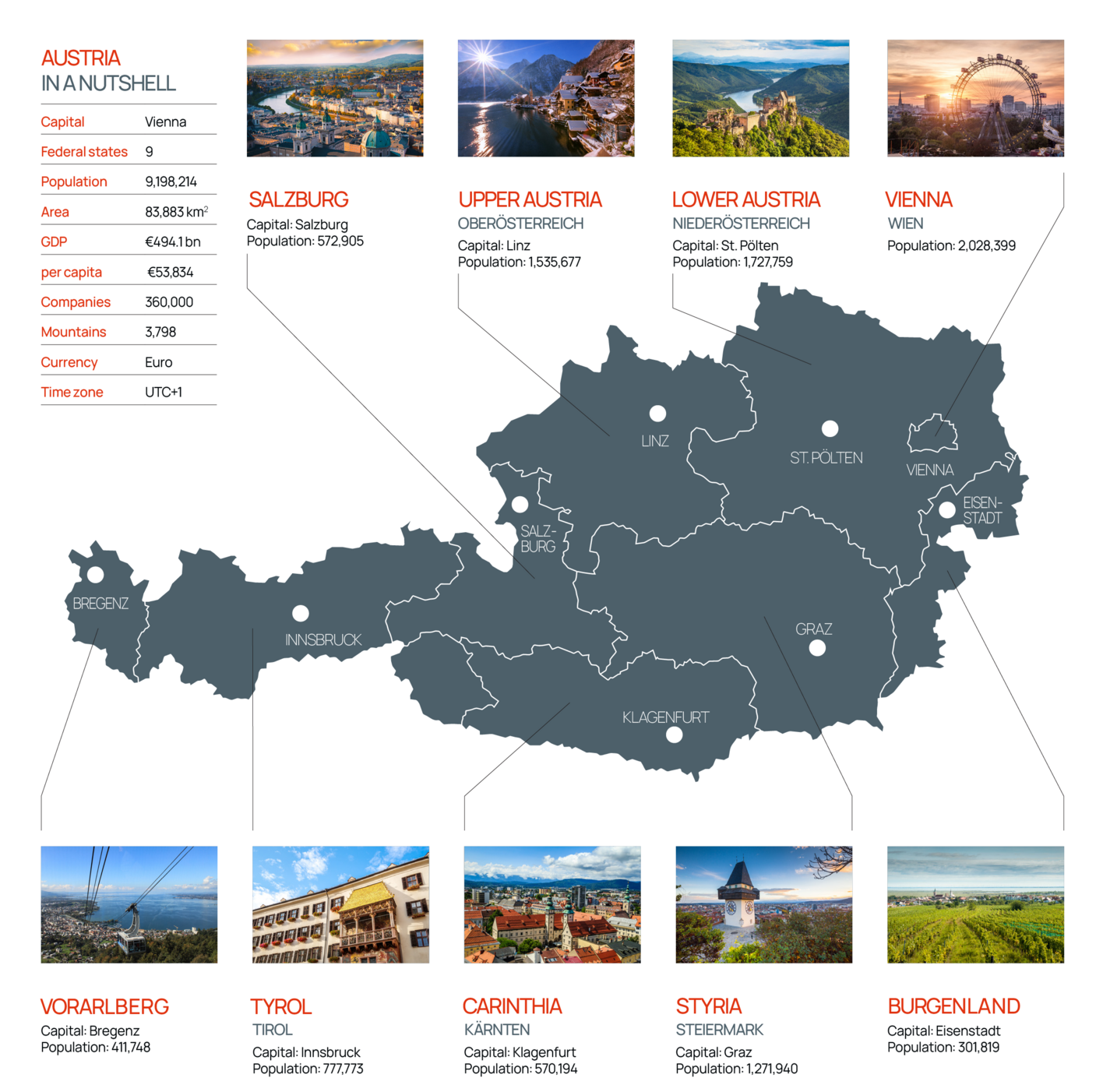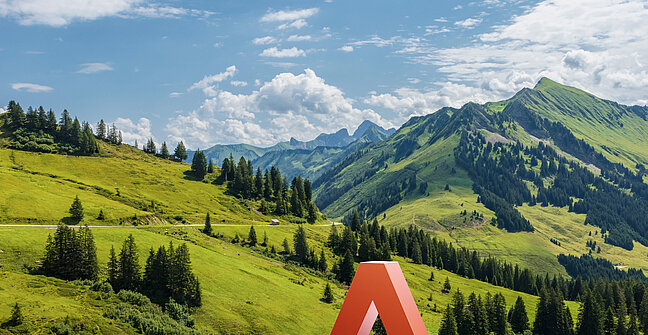
Everyday Behaviour
What unites people living in this fair country of ours? What makes Austrians feel, well, Austrian? One thing uniting people across the country is a love of the outdoors.
Welcome to Austria
Whether skiing in the Alps, paddling across the country’s lakes and rivers, cycling, or hiking Austrians from Vorarlberg in the west to Vienna in the east like spending time in nature. Austrians generally prefer to spend their holidays in the countryside, under the vast blue Alpine sky, by rivers or lakes, on a farm, or in the vineyards. They cherish the fresh water, music, good wine and time spent in cafés. Where you’ll find regional differences is in the cuisine – Tiroler Gröstl (a sauté of potatoes, onions and meat topped with an egg) in the west, and Palatschinken (a crepe-like pancake usually filled with jam) in the east, styles of traditional dress (Tracht), and dialects.
The German spoken in Austria is similar to that spoken in the Bavarian state of Germany, which differs from the rest of German-speaking Europe. Instead of saying “Guten Tag” (Good Day), they say "Grüß Gott," which literally translates to “Greet God” as an expression for “May God be with you.” The regional dialects and the way people express themselves, as well as the idioms they use, are part of their identity. "Servus", for example, is an informal greeting that is often used among friends.
Navigating informal, versus formal German is an important and often complex distinction in Austria. There are many cases where the formal form of "Sie" (a formal word for “you”, which is similar to the French "Vous") is used, for example when you do not know the person you are greeting (well) or when you are in a business setting. It is generic business etiquette to stick to formal German. The informal “you” (du) is used for friends and collegial acquaintances. The informal plural “you” is Ihr.


